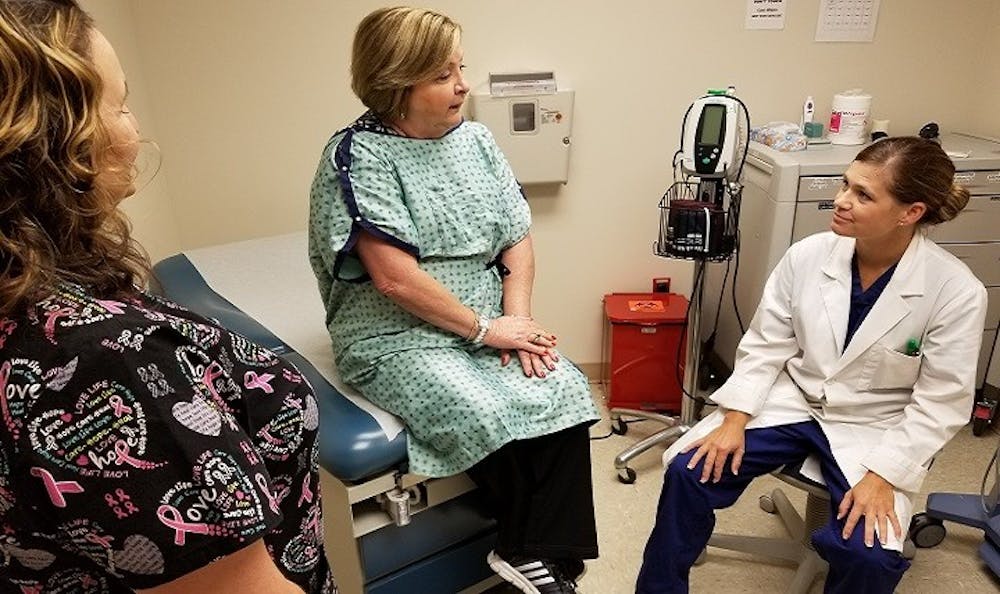Stress is something we often experience in our daily lives. Especially with midterms, it is not uncommon to hear people say they are stressed. Sure we also say that we are aware of the importance of managing stress, thanks to the frequent reminders from various lectures and posters, but do we really understand the extent to which stress can affect us, both mentally and physically?
A new study from the Ohio State University found that high levels of stress cause lower immunity and faster disease progressions, in addition to widely known effects such as depression, lower quality of life and negative health behaviors.
The researchers not only found a treatment for stress reduction but were also able to implement a behavioral intervention program at 15 sites across the country. The treatment, called Cancer to Health, was successful. The program teaches patients to manage stress through physical activity and other measures, and also emphasizes social skills such as building support networks and communicating with others about treatment.
According to American Psychologist, there is an estimated gap of 20 years between the development of a treatment and more thorough evaluations of the wider scale implementations of evidence-based treatment (EBT).
In other words, scientists have been continuously developing treatments to improve patients’ symptoms but have been behind on testing the treatments on a diverse, large group of patients. Barbara L. Anderson, lead author of the study and professor of Psychology at Ohio State said in ScienceDaily that there is a rising uncertainty of how effective the treatments would really be.
“It’s challenging to take a treatment and scale it up to where it will work with a diverse group of therapists and patients under a wide variety of circumstances,” Anderon said.
Despite this, Anderson and her team were able to take on the difficult challenge and bring the treatment from the lab to the patients.
Their behavioral intervention program, named Cancer to Health, focused on cancer patients dealing with the stress of their illness. It was developed by Anderson and her colleagues in the early 2000s.
After implementing the Cancer to Health program with breast cancer patients at the Arthur G. James Cancer Hospital at Ohio State, Anderson’s team found the treatment to be effective. The treatment program reduced their stress and thus helped the patients’ immune responses become stronger and lowered the risk of breast cancer recurrence.
“We need to help cancer patients deal with their stress, because it has effects on their physical as well as their mental health,” Anderson said.
After witnessing success at the Arthur G. James Cancer Hospital, the group moved on to teach therapists who work with cancer patients across the country, from California to Iowa to Maine. The therapists then brought the program to their sites, where it was tested with 158 patients with different types of cancer. Sixty to 70 percent of patients received the core components of the main program.
The results showed once more that the Cancer to Health program worked, even when it was tested with such diverse groups across the country. Patients not only showed significant improvement on a measure of mood but also became more physically active after completing the program.
“This is significant because 71 percent of the patients were still receiving cancer treatment when they began our study, and maintaining, resuming or beginning physical activity during this period is difficult,” Anderson said.
Moreover when the patients were asked what they thought about the program, they reported that their therapists were very supportive. They also rated the program an average overall score of 3.48 out of four.
Anderson emphasized that if the researchers wanted to close the gap between treatment development and wider implementation in the medical community, it is essential to train providers.
“There have not been many studies like this one that involve actually training providers and then testing to see if they could not only implement what they had learned, but could also get their patients to improve,” Anderson said.





